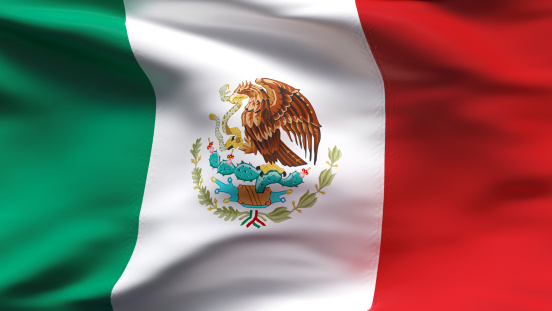
Source: Thinkstock
Following government approval, the measure needs to get approval from 17 of the country’s 31 state governments before becoming law.
Under the new law, Mexico will offer profit-sharing and production-sharing contracts and licenses to foreign firms, but will maintain ownership of the oil while allowing the firms to book reserves, a crucial concern for the oil companies that depend on reserves for valuation and borrowing purposes. Mexico will also establish a sovereign oil fund similar to Norway’s that will direct some of the profits into a long-term savings account to be used to fund government obligations in the future.
We have already noted that major integrated oil companies with experience in deepwater drilling stand to be the biggest winners if Mexico finally opens up its oil industry. Chevron Corp. (NYSE: CVX), for example, has both the experience in deepwater drilling and the cash to get the job done. Mexico’s state oil company, Petróleos Mexicanos or Pemex, has neither.
Crude production in Mexico has dropped from a high of 3.3 million barrels a day in 2004 to 2.5 million barrels a day and natural gas production has stalled to the point where the country imports natural gas by pipeline from south Texas. Large U.S. producers just north of the border in the Eagle Ford shale play include Exxon Mobil Corp. (NYSE: XOM), EOG Resources Inc. (NYSE: EOG), and Chesapeake Energy Corp. (NYSE: CHK). Natural gas reserves south of the border are extensions of the Eagle Ford play, but as with deepwater oil, Pemex lacks the expertise and the cash to develop the oil and natural gas in the Mexican resource.
Opposition to the bill in Mexico has come from left-of-center parties that object to the law, saying it gives up Mexico’s riches to foreign companies. Many Mexicans also worry that ineptitude and corruption will allow the country’s oil and gas resources simply to be piddled away. As one oil company executive told The Wall Street Journal, “[The law makes] the opening of the oil industry legal. Now the government has to try to make [the law] legitimate in the eyes of Mexicans… .”
Take This Retirement Quiz To Get Matched With An Advisor Now (Sponsored)
Are you ready for retirement? Planning for retirement can be overwhelming, that’s why it could be a good idea to speak to a fiduciary financial advisor about your goals today.
Start by taking this retirement quiz right here from SmartAsset that will match you with up to 3 financial advisors that serve your area and beyond in 5 minutes. Smart Asset is now matching over 50,000 people a month.
Click here now to get started.
Thank you for reading! Have some feedback for us?
Contact the 24/7 Wall St. editorial team.


